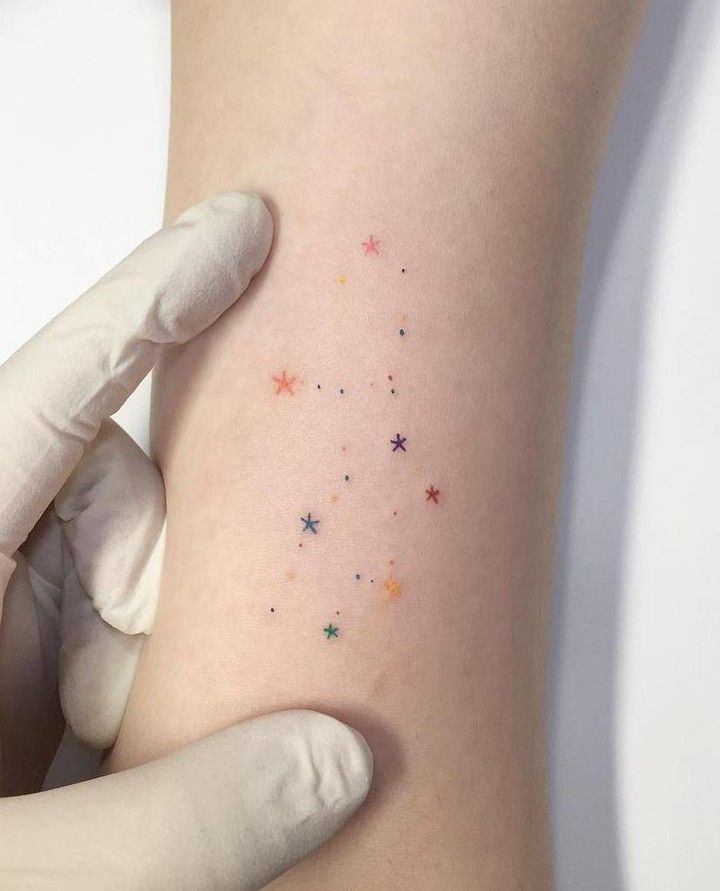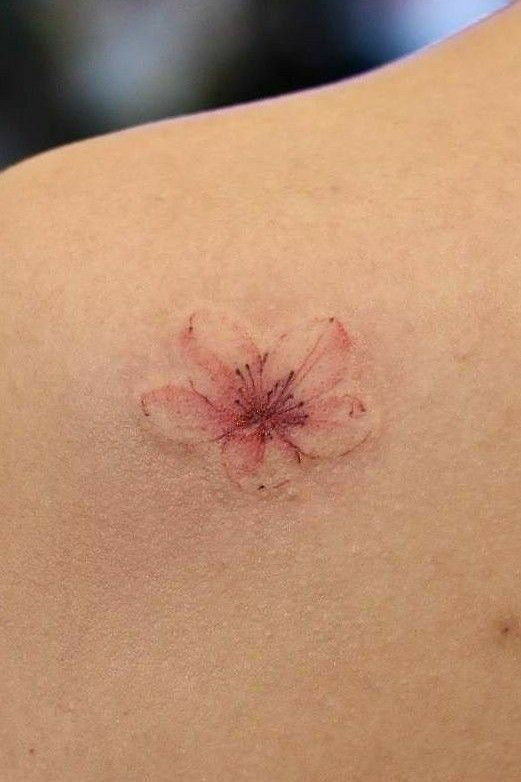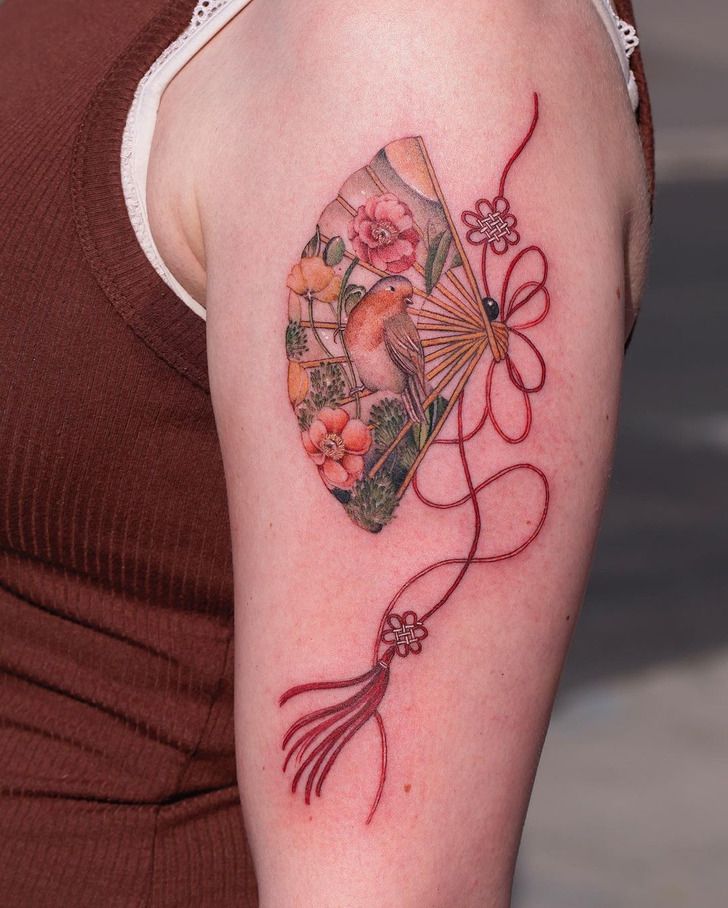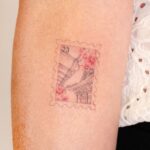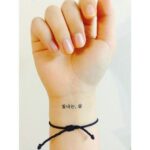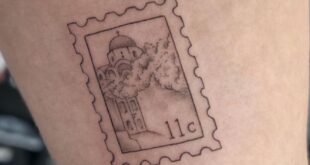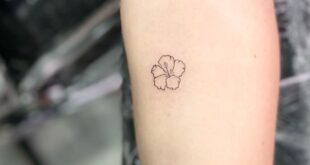Tattoos have a long and storied history in many cultures around the world, and South Korea is no exception. In recent years, tattooing has become increasingly popular in South Korea, with many young people opting to get inked as a form of self-expression and rebellion against traditional norms.
Korean tattoo art has a unique and distinct style that sets it apart from other tattoo traditions. Korean tattoo artists often draw inspiration from traditional Korean art and culture, such as hanbok (traditional Korean clothing), Korean calligraphy, and Korean folklore. This has resulted in a style that is intricate, colorful, and full of symbolism.
In South Korea, however, tattoos are still somewhat taboo due to their association with criminality and rebellion. In the past, tattoos were often associated with gang members and criminals, leading to a stigma around tattooing in Korean society. As a result, many public establishments such as saunas, spas, and beaches still prohibit people with visible tattoos from entering.
Despite these challenges, the popularity of tattoos in South Korea continues to rise, especially among the younger generation. This has led to a growing demand for talented and skilled tattoo artists who can create beautiful and meaningful designs for their clients.
One popular trend in Korean tattoo art is the use of hanja, which are Chinese characters that are still widely used in Korea. Many people choose to get their names, meaningful words, or phrases tattooed in hanja, adding a unique and personal touch to their body art.
Another popular style in Korean tattooing is the use of traditional Korean motifs and symbols, such as lotus flowers, tigers, dragons, and phoenixes. These symbols have deep cultural significance in Korean society and are often used to represent strength, resilience, and rebirth.
Despite the stigma surrounding tattoos in South Korea, the tattoo culture in the country is thriving, with many talented artists pushing the boundaries of traditional tattooing and creating stunning works of art that are admired around the world. As attitudes towards tattoos continue to evolve in South Korea, it is likely that this unique and vibrant form of self-expression will only continue to grow in popularity.
 innstyled Tattoo Ideas
innstyled Tattoo Ideas
